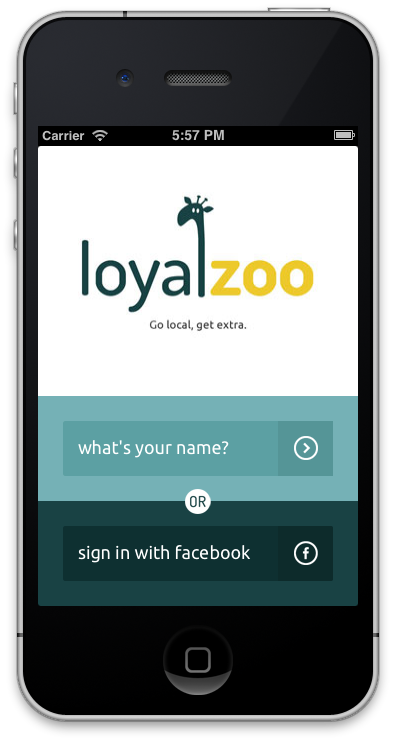13 Mar

Thinking about investing in a custom branded app for your business? Read this first.
Brands and businesses are releasing their own apps every second of every day. But there is little proof that it makes an enormous difference in increasing customers’ loyalty. New stats from TNS and Ampersand Mobile, suggest that users in fact see these apps as just more advertising – a one-way street of marketing designed to make them spend more.
In short, the apps are not engaging the consumers. More than 70% say they see apps as just another channel for advertising; more than 50% actively avoid big brands’ apps for the same reason.
More than 80% of consumers delete apps after just a single use because they are not engaging.
This is where alarm bells should start going off. An app is often described as a unit ‘designed to fulfil a purpose’. A purpose for the person using it, mind you.
Many apps are little more than mobile versions of a website. Is this really useful to your customers? Is there anything in the app that is not on your website? If the answer is ‘it is optimised for mobile’ you may want to rethink your strategies.
If you want their loyalty – give something in return
The key to a successful app lies in app usefulness. If the app is either informative, entertaining or useful, it stands a good chance of being kept. For brands, this means the app has to be dynamic and interesting over time. You may argue that having your business’ opening hours in the app is informative enough – but that on its own is not enough to warrant repeat usage over time from consumers.
The point of all branded apps is to aid the relationship between the brand and the consumer, and these days a personal experience is important. We, as customers, want to feel valued by the brand – they have to earn our loyalty and engagement through showing it to us, too. Frank Underwood’s modern classic quote says it all; To earn my loyalty you have to show me yours in return.
Consumers these days are confident app-users and many have a high download rate, but the delete-rate is even higher. Smartphone owners are savvy – there is little room for apps they never use.

